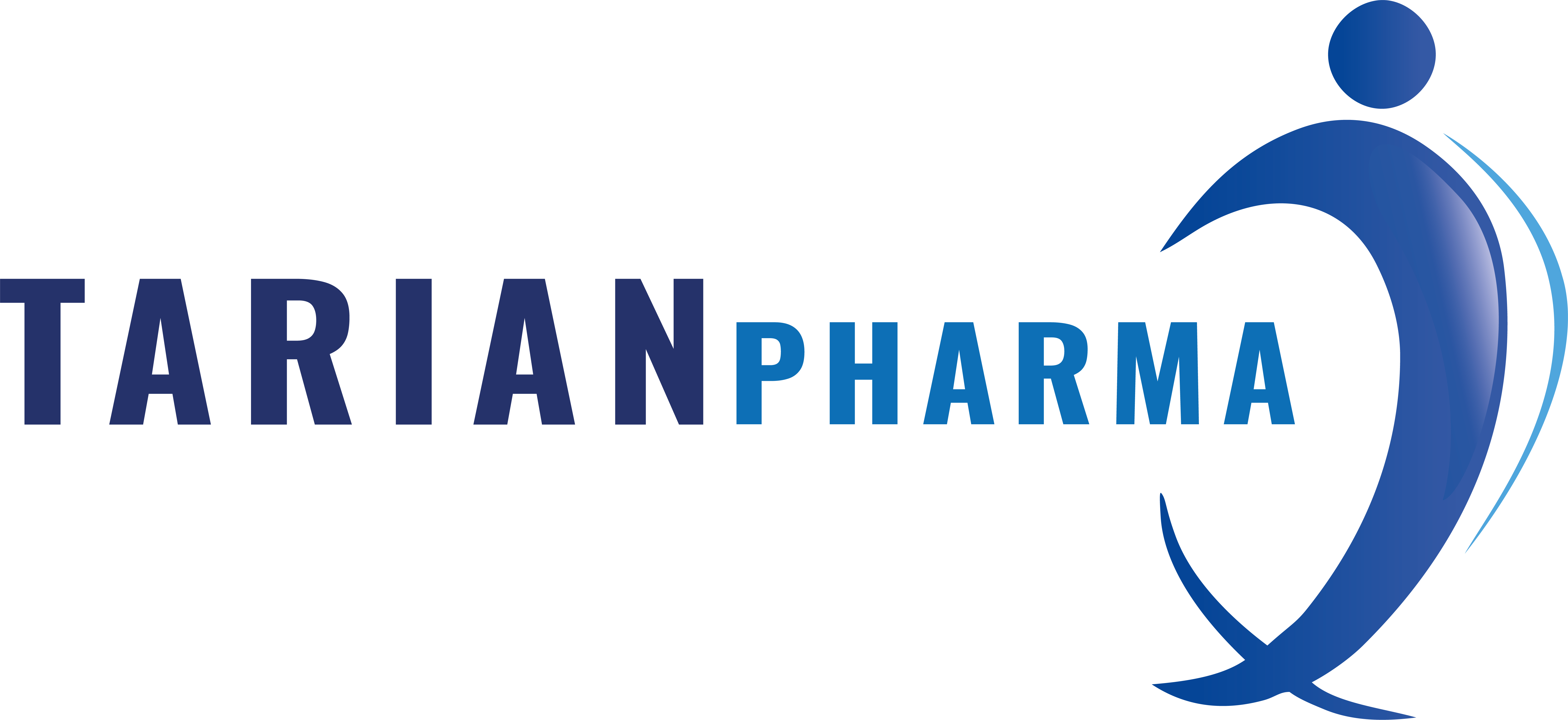
Worldwide, more than 1.9 million new colorectal cancer (including anus) cases and 935,000 deaths were estimated to occur in 2020, representing about one in 10 cancer cases and deaths Overall, colorectal cancer (CRC) ranks third in terms of incidence, but second in terms of mortality.
Treatment for colorectal cancer often involves a combination of surgery and medication. Surgery is indicated in approximately 80 percent of patients diagnosed with localized colorectal cancer. Epidermal growth factor receptor (EGFR) inhibitors prevent cell growth and have shown benefit in the treatment of metastatic colorectal cancer, whether used as single agents or in combination with chemotherapy. Most commonly used EGFR inhibitors for treating metastatic colorectal cancer (mCRC) include cetuximab (Erbitux) and panitumumab (Vectibix).
Treatment with anti-EGFR agents has been associated with a number of dermatologic toxicities including folliculitis. These toxicities can occur frequently: ~90% of patients will experience skin toxicity of any grade during treatment with panitumumab or cetuximab monotherapy. Although most events will be grade 1 or 2 in severity and rarely life-threatening, these toxicities can result in treatment discontinuation and can potentially affect a patient’s emotional and physical well-being. Their management is therefore an important focus when administering these agents.
In 2020, breast cancer became the most frequent cancer worldwide with 2.3 million new cases. Surgery is the mainstay of breast cancer treatment; however, radiotherapy is used in 50% of cases. Cytotoxic and targeted chemotherapies are also often used as adjuvants or as principal treatments. Most often, combinations of 2 or 3 drugs are used.
Radiotherapy-induced dermatitis (RID) develops almost in all breast cancer patients with 30-40% of women developing moderate and severe forms (i.e., grade 2 or higher).
Alopecia, the partial or complete loss of hair, is a frequent consequence of breast cancer therapy and can be psychologically and socially devastating. Between 60% and 100% of patients with breast cancer experience complete alopecia during chemotherapy, and the remainder experience some degree of hair thinning or weakening. Most patients with breast cancer consider hair loss as the most traumatic aspect of chemotherapy, and up to 8% reject chemotherapy because of extreme anxiety related to chemotherapy-induced alopecia (CIA).
Tarian Pharma’s priority is to develop medicines that prevent radiation–induced dermatitis in breast cancer patients.
